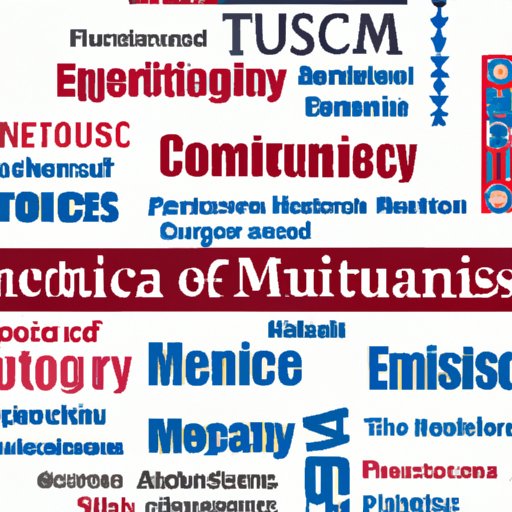Introduction
American political culture is a set of shared beliefs, values, and norms that shape the way citizens interact with their government. It reflects the nation’s history, its ideals, and its identity, as well as the ways in which citizens participate in politics. This article will explore the various aspects of American political culture, examining how it has evolved over time and how it shapes political behavior today.
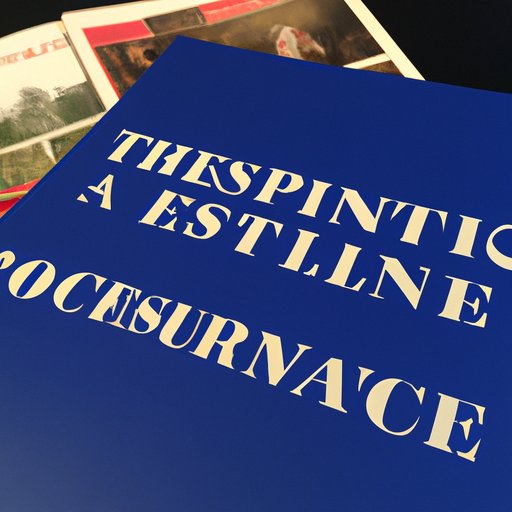
Exploring the Historical Evolution of American Political Culture
The development of American political culture began with the founding of the nation. The Founding Fathers created the Constitution, which established the framework for the federal government and laid out the principles of democracy. Along with the Constitution, the Founders also developed the Bill of Rights, which enshrined certain fundamental rights into law.
The expansion of suffrage in the 19th century was an important milestone in the evolution of American political culture. With the passage of the Fifteenth Amendment, African Americans were granted the right to vote, and this was followed by the Nineteenth Amendment, which gave women the right to vote. The increased participation of citizens in the political process led to the emergence of political parties, which provided a means for citizens to organize around shared interests and goals.
The Civil War and Reconstruction period had a major impact on American political culture. The Union victory restored the nation and abolished slavery, but it also resulted in a period of economic turmoil and political upheaval. During this time, the nation struggled to rebuild itself and to develop a new sense of national identity.
The late 19th century saw the rise of populism, in which farmers, laborers, and other disenfranchised citizens sought greater representation in government. This movement pushed for reform of the political system and the expansion of voting rights, and it helped to shape the modern American political landscape.
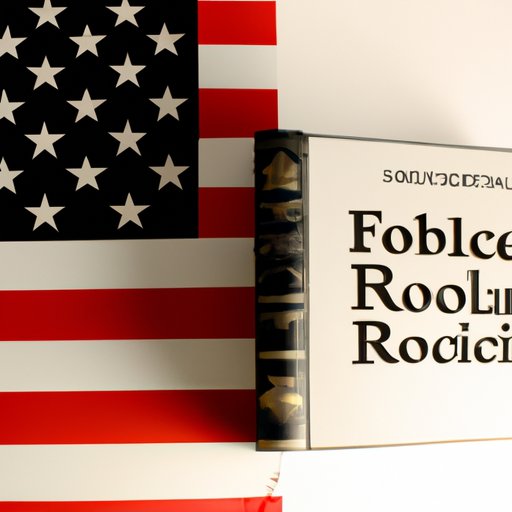
The Impact of Religion on American Political Culture
Religion has played a significant role in the development of American political culture. Many of the Founding Fathers were deeply religious, and their faith influenced their view of government and society. Religion also impacted the development of the Constitution, with many of its provisions reflecting the values and beliefs of Christianity.
Religion has continued to play an important role in American politics, influencing social movements and providing a source of moral guidance for citizens. Religious identity can also be a factor in political decision making, and it can shape the way citizens view issues and candidates.
Analyzing the Role of Media in Shaping American Political Culture
The emergence of mass media has had a profound impact on American political culture. Television, radio, newspapers, and the internet have become primary sources of information for citizens, and they have shaped public opinion and behavior. Media coverage of events can influence the way citizens view politicians and policies, and it can have a powerful effect on voter turnout and election outcomes.
The rise of social media has further altered the landscape of American political culture. Social media platforms such as Facebook and Twitter offer citizens a direct line of communication with their representatives and allow them to engage in political discourse in real time. They also provide a platform for citizen journalism, allowing citizens to share their own stories and perspectives on current events.
Examining the Influence of Identity Politics on American Political Culture
Identity politics refers to the use of group identities such as race, gender, and sexuality to shape political discourse and outcomes. In recent years, identity politics has become an important factor in American political culture, with marginalized groups pushing for greater representation and recognition in politics. Identity politics has had a major influence on the way citizens view issues and candidates, and it has had an impact on the way in which citizens engage in the political process.
Assessing the Role of Interest Groups in American Political Culture
Interest groups are organizations that seek to influence policy by lobbying government officials and engaging in other forms of political advocacy. There are a wide variety of interest groups in the United States, ranging from business and labor unions to environmental and civil rights organizations. These groups have had a major influence on American political culture, shaping public opinion and policy outcomes.
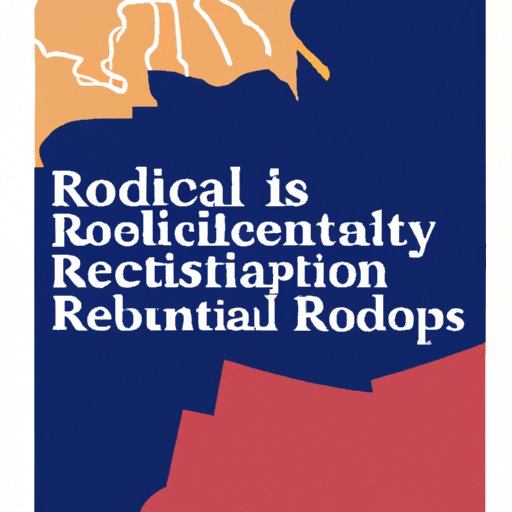
Examining the Role of Regionalism in American Political Culture
Regionalism refers to the differences between various regions of the country, both in terms of geography and culture. These differences can have an impact on American political culture, as different regions may have different views on issues and different levels of political participation. Regionalism can also affect interest group formation and the way in which citizens engage in the political process.
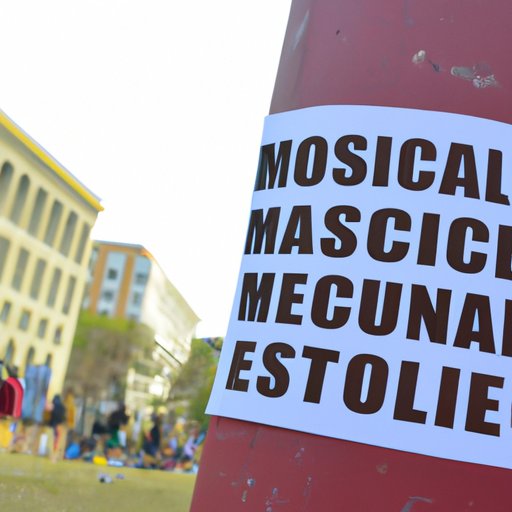
Exploring the Role of Social Movements in American Political Culture
Social movements are organized efforts to promote change in society. They can take many forms, from protests and boycotts to voter registration drives and strikes. Social movements have had a major impact on American political culture, helping to shape public opinion and to bring about changes in laws and policies.
Conclusion
American political culture is a complex and ever-evolving phenomenon, shaped by a variety of factors such as history, religion, media, identity politics, interest groups, regionalism, and social movements. As we continue to explore the ways in which these forces shape our political landscape, we must remain mindful of the importance of civic engagement and the power of collective action.
The history of American political culture is long and varied, but its future is still being written. It is up to us to ensure that our political culture remains vibrant and dynamic, and that all citizens have an equal voice in shaping the direction of our nation.
(Note: Is this article not meeting your expectations? Do you have knowledge or insights to share? Unlock new opportunities and expand your reach by joining our authors team. Click Registration to join us and share your expertise with our readers.)
